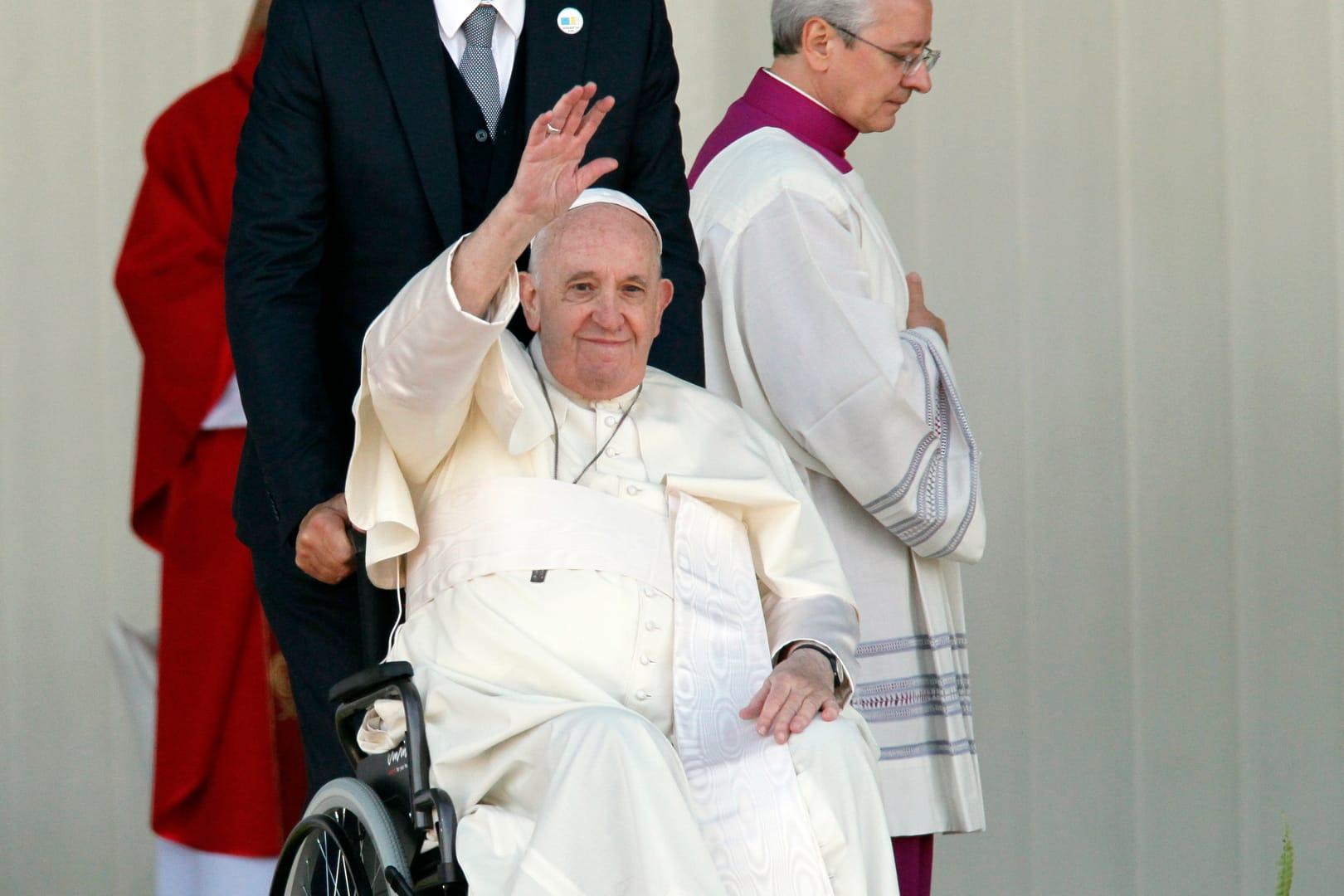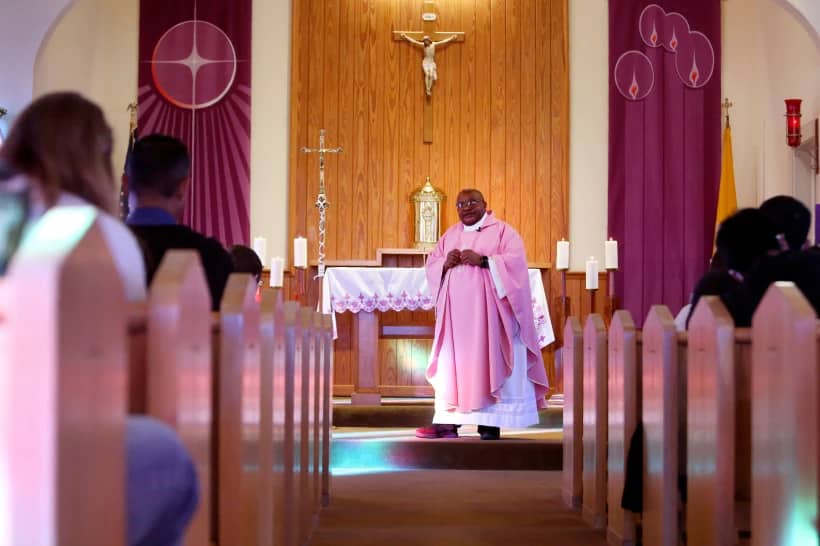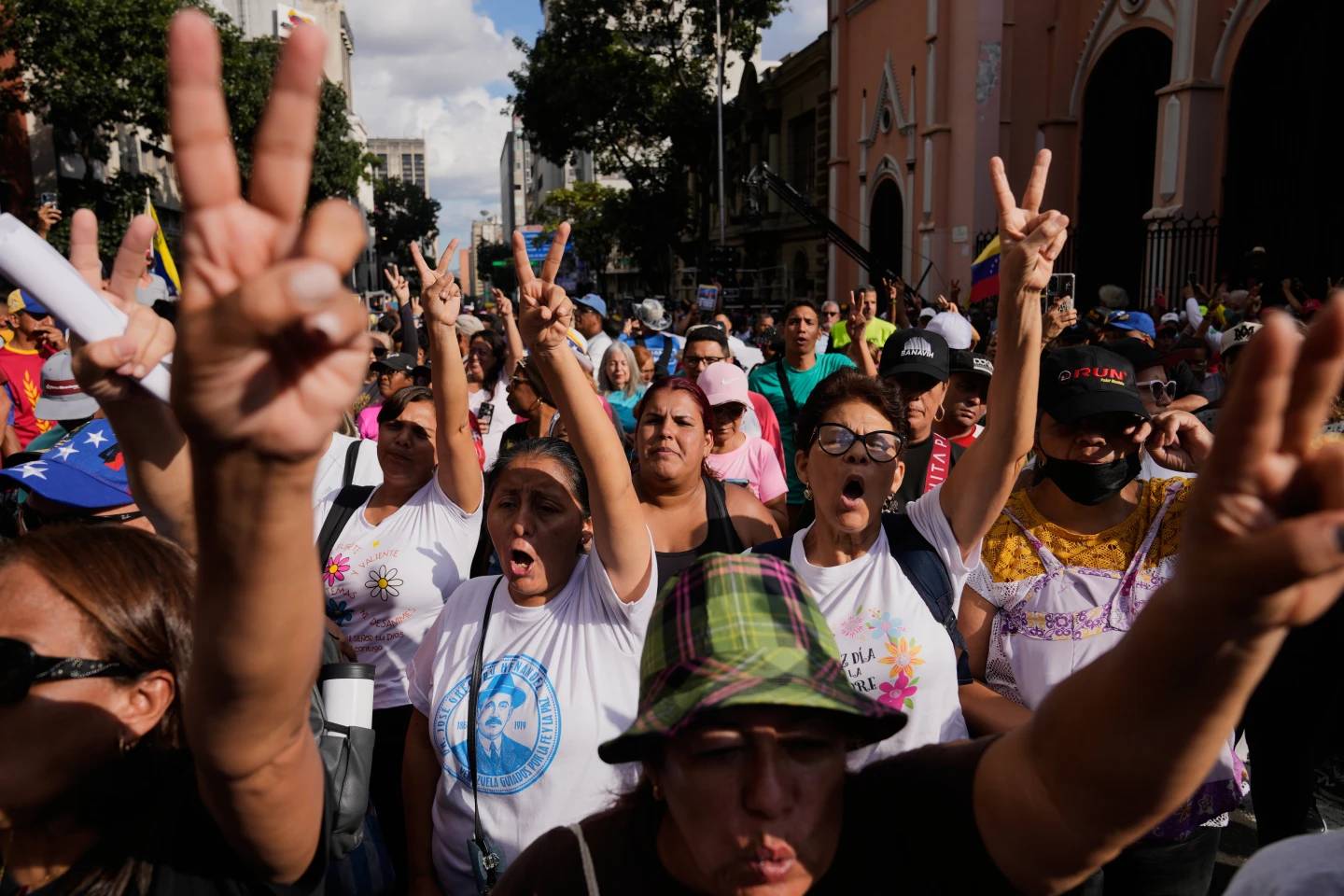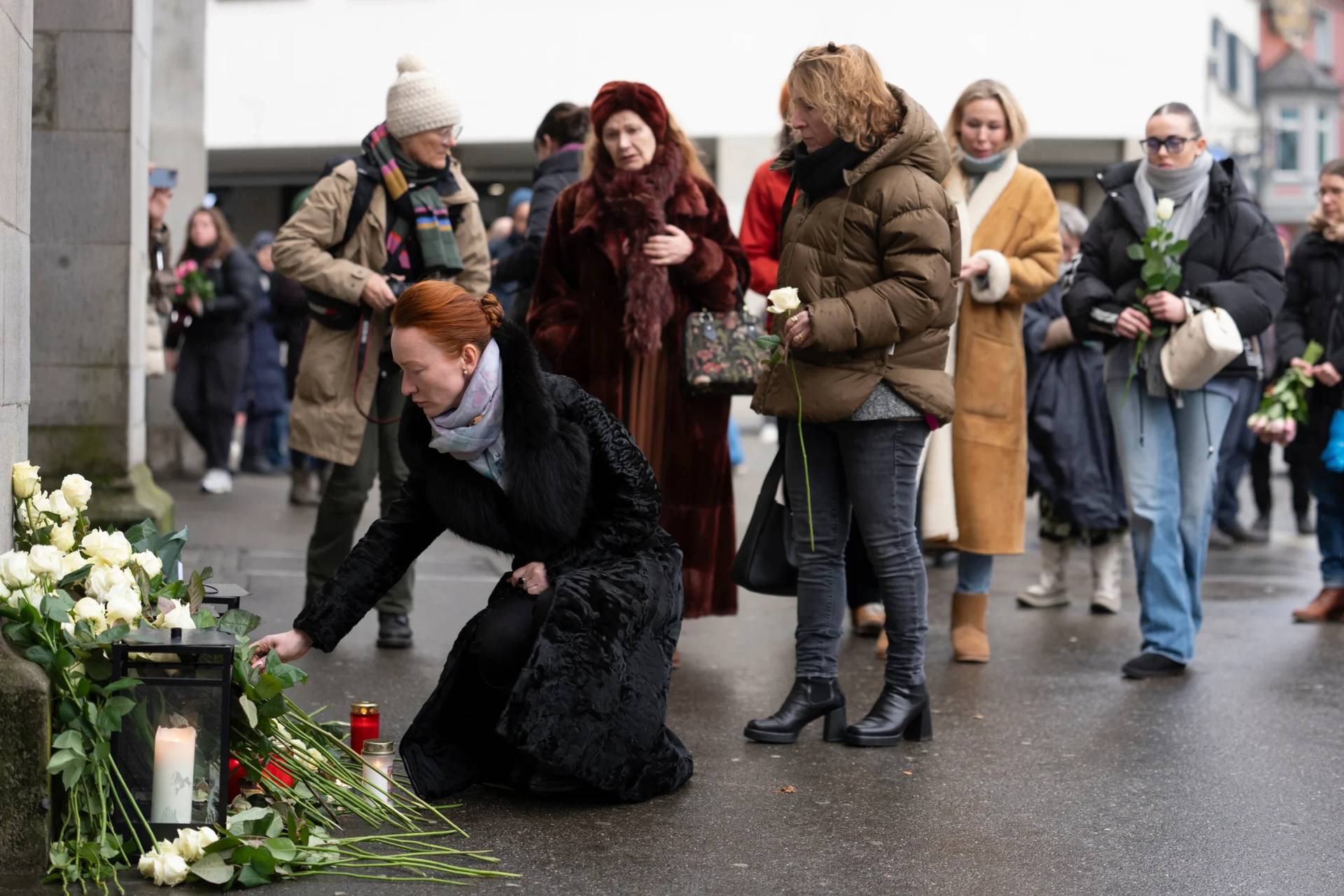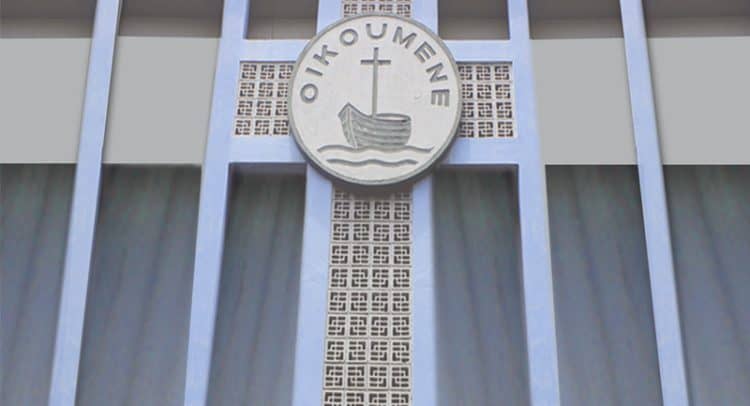NUR-SULTAN, Kazakhstan – In his final act in the central Asian nation of Kazakhstan, before boarding a return flight to Rome, Pope Francis Thursday condemned the “folly of war” and urged global leaders to refrain from “aggressive and destructive” statements that harm peacemaking efforts.
Speaking on Thursday during the closing session of a Congress of Leaders of World and Traditional Religions in Nur-Sultan, the Kazakh capital, Pope Francis said, “Peace is urgently needed.”
“In our day, every military conflict or hot spot of tension and confrontation will necessarily have a baneful domino effect and seriously compromise the system of international relations,” he said, insisting that peace is more than “the absence of war,” and cannot be reduced “to the maintenance of the balance of power between opposing forces.”
Rather, he said, peace is born of fraternity and grows “through the struggle against injustice and inequality; it is built by holding out a hand to others.”
To this end, he highlighted a passage of the final declaration of the congress which urges world leaders “to put an end to conflicts and bloodshed everywhere, and to abandon aggressive and destructive rhetoric.”
Pope Francis spoke on his last day in Kazakhstan, which shares 5,000 miles of border with Russia whose president, Vladimir Putin, has been widely condemned by the international community for inciting war with his Feb. 24 invasion of Ukraine.
Though he made no specific mention of Putin throughout his Sept. 13-15 visit, the pope asked during a Mass for Kazakh Catholics, “What still needs to happen, and how many deaths will it still take, before conflict yields to dialogue for the good of people, nations and all humanity?”
In remarks seen as a rebuke of Russian Orthodox Patriarch Kirill, who has vocally supported the war on religious grounds, Francis in his opening address at the congress urged religious leaders to reject war, saying, “May we never justify violence. May we never allow the sacred to be exploited by the profane.”
“The sacred must never be a prop for power, nor power a prop for the sacred!” he said.
In his speech at the close of the congress, Pope Francis stressed the importance of making a joint commitment to peaceful dialogue, saying it is “more valuable than ever in challenging times like our own, when the problems of the pandemic have been compounded by the utter folly of war.”
“There are altogether too many cases of hatred and division, too little dialogue and effort to understand others. In our globalized world, this is all the more dangerous and scandalous,” he said, adding, “Our human family cannot advance if simultaneously united and divided, interconnected and torn apart by massive inequality.”
Recalling the visit of Pope John Paul II to Kazakhstan in September 2001, just days after the 9/11 terrorist attacks that claimed nearly 3,000 lives, Francis said the attack prompted a necessary collective response “to the incendiary atmosphere that terrorist violence sought to incite, and which threatened to turn religion into a grounds for conflict.”
“Pseudo-religious terrorism, extremism, radicalism and nationalism, dressed up in religious garb, nonetheless continue to foment fears and concerns about religion,” he said, saying the congress provided an opportunity to reinforce “the authentic and inalienable essence of religion.”
Citing the final declaration, he stressed that “extremism, radicalism, terrorism and all other incentives to hatred, hostility, violence and war, whatever their motivations or goals, have nothing to do with the authentic spirit of religion and must be rejected in the most decisive terms possible.”
“Furthermore, since the Almighty has created all people equal, regardless of their religious, ethnic or social origin, we are agreed that mutual respect and understanding should be considered essential and indispensable in religious teaching,” he said.
Pope Francis also stressed the need to maintain a healthy relationship between politics and religion, saying they must be “distinct, but not confused or separate.”
Faith, he said, must be free and “must not yield to the temptation to turn into power, lest heaven fall to earth, the ‘eternal beyond’ be chained to an earthly present, and love of neighbor become prey to partisan decisions.”
At the same time, faith and politics must never be separated, he said, “for the highest human aspirations cannot be excluded from public life and relegated solely to the private sphere.”
Francis voiced support to those persecuted for their faith, and urged governments and political leaders, as well as international organizations, to provide necessary assistance to religious and ethnic communities “whose human rights and fundamental freedoms have been violated, or subjected to violence by extremists and terrorists, also as a result of wars and military conflicts.”
He also stressed the importance of making decisions based on the good of humanity, saying, this should be “taken into consideration ahead of strategic and economic objectives, national, energy and military interests, and in advance of crucial decisions,” with particular consideration for the youth and the elderly.
Pope Francis closed his speech highlighting the emphasis the final declaration put on peace, women, and young people, saying, “If peace is lacking, it is because care, tender love, the ability to generate life are lacking.”
The quest for peace, he said, must increasingly involve women, because women “bestow care and life upon the world,” and are therefore themselves “a path towards peace.”
He stressed the need to “defend their dignity and to improve their social status as equal members of the family and of society,” saying women must be given greater positions of responsibility and authority.
“How many calamitous decisions might have been avoided, had women been directly involved in decision-making!” he said.
Pope Francis closed his speech saying the people of Kazakhstan, “open to tomorrow yet mindful of yesterday’s sufferings, point us, by their extraordinary wealth of religions and cultures, towards the future.”
“They encourage us to create that future without forgetting transcendence and fraternity, worship of the Most High and acceptance of our brothers and sisters,” he said. “Let us press ahead on this path, walking together on earth as children of heaven, weavers of hope and artisans of concord, heralds of peace and unity.”
